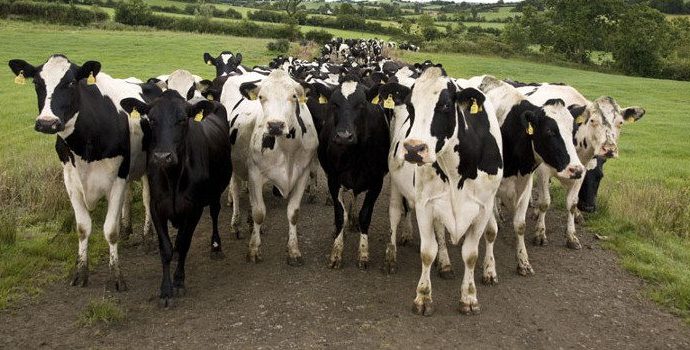Healy Calls on Government to Implement Five-point Plan to Assist Farmers Hit by Weather Losses

IFA President Joe Healy said the Minister for Agriculture Michael Creed has to urgently address the difficulties caused by persistent poor weather conditions in parts of the country with a package of measures for the farmers affected.
Joe Healy called on the Government to implement a five-point plan:
- Crisis aid for tillage farmers who have suffered serious crop losses
- Fodder Scheme for farmers unable to save enough hay or silage
- Easing of qualifying criteria for Farm Assist
- Flexibility on slurry spreading
- Prompt payment under all farm schemes, with no delays and no excuses.
Having visited farms in the West and North West affected by poor ground conditions, the IFA President said urgent action by the Government is needed, particularly for tillage farmers in various parts of the country with crop losses and farmers in areas who have been unable to conserve sufficient fodder for the winter.
IFA has asked Teagasc to make assessments of farmers with a significant fodder deficit and tillage farmers with substantial weather-related crop losses.
The IFA President reiterated his call on the Department of Agriculture that all direct payments – Basic Payment, ANCs, GLAS, AEOS and Beef Genomics – must be made on time and within deadlines set down in the Charter of Rights. As the autumn payments begin, he warned that farmers will not tolerate any hold-ups this year.
Joe Healy said IFA will not accept excuses or delays on the pay-out of more than €1.6bn across all the schemes. He said, “The harsh reality on almost all farms this year is that the direct payment is the only net income coming into the family household from farming”.
On the Basic Payment, Joe Healy said the 70% advance is due to be issued on Mon, 17th October. With the severe cashflow stress on farms, it is critically important that all farmers receive their Basic Payment without delay.
IFA is looking for a relaxation of regulations on slurry spreading that will allow farmers the maximum flexibility to get work done when ground conditions allow.




